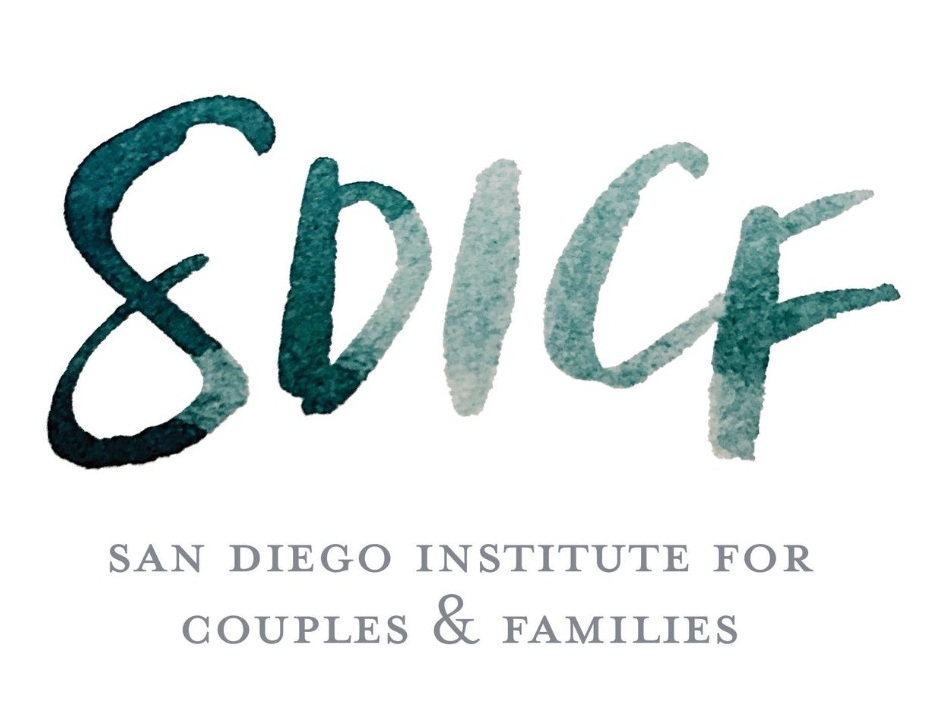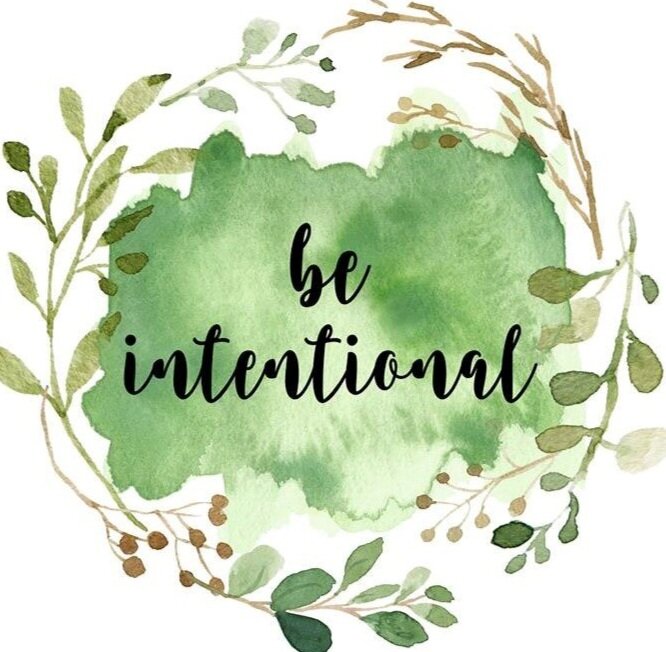By Sharon Meins, MA APCC, Associate Professional Clinical Counselor APCC #10828
Employed by SDICF and Supervised by Mary Cipriani, LMFT #32742
The benefits of forgiveness have been well documented. Most people know and have experienced that anger, pain, and resentment do damage to a sense of well-being and balance in the world, so it follows that to forgive leads to more of what we all want, greater freedom and peace. However, if you have been deeply wounded by another person, you know it is no small feat to go about this process in such a way that you experience healing at a deep level. In this post, I will provide three examples of myths surrounding forgiveness, and why they are damaging. I also hope to provide you with examples of what forgiveness really is so that you can capture what it might be like to experience the relief of truly letting go.
Why is Forgiveness Important?
I want you to know that while the idea of forgiveness is pretty straightforward, it is anything but a straightforward process. And I want to emphasize the word process. As a therapist who is a Christian, I work with many Christian clients who have been harmed by others and who have been pressured by well-meaning people to forgive. This pressure then results in feelings of guilt and shame for lingering anger and pain, which becomes another wave of pain to wade through. My belief is that forgiveness is the result of a process of letting go, and it cannot be rushed or demanded. Forgiveness is both a choice and an experience. Lasting forgiveness that sticks is the result of processing your pain and letting go.
3 Myths About Forgiveness that Keep You from Actually Forgiving
Forgiveness Means Forgetting
If this were true, the only people who could forgive would be amnesiacs and those suffering from late-stage dementia. If you have been deeply hurt, you know the impossibility of forgetting what happened to you. You may have been working on letting go of the pain for years, yet the images of what happened remain. Our bodies have a way of holding onto the memories of painful traumas as a way of saying, “Deal with this! Don’t forget! I need help!” In other words, the reason you have not forgotten but vividly remember is not because you are an unforgiving person, but because your body and mind have felt the effects of being overwhelmed by painful emotions. These won’t go away by pushing them out of your mind, but will only grow over time. Forgiveness means remembering, not necessarily by rehashing the painful details, but by processing the painful emotions with the help of an accepting other.
Forgiveness Means Reconciliation
There are times when the result of forgiveness does mean a relationship can be restored, and perhaps be made even stronger than before the original offense. When that happens, both parties can talk about what happened, recognize the pain of it, and understand that what happened can never and will never happen again. There are other times when you, as an offended party, would be unwise to reconcile with the person who harmed you. These are instances where you can still work through your pain to release it, but you know putting yourself back into a relationship with the person who hurt you would more than likely result in more hurt. If you have been in a relationship where there is a consistent pattern of harm that has been addressed and you have seen little to no effort in repairing the injury, you may be wondering if it is safe for you to remain in that relationship. Forgiveness is still possible, but reconciliation may not be wise.
Forgiveness Means Excusing
While it is true that people often act out as a result of pain, it in no way excuses the behavior. The harm done was real and impactful. When the motivations for a person’s harmful behavior are given defensively or as a way of trying to mitigate the hurt (“If I can just get you to understand me then you will not need me to understand you ”) it almost always lands as an excuse. In an injury repair process, understanding underlying motivations is important, but it doesn’t happen until after the offended party feels seen, heard, and understood in their pain by the offending party. It is at this point that the offended party wants to understand how the injury could have happened so that both parties know it will never happen again. When you feel understood in your deepest pain, your heart begins to feel freer and more curious about what could have led the offending party to act out in the way they did, not as an excuse, but for the sake of making sense of the parts that never made sense before, and for healing.
One of the hardest things in human relationships is being able to restore and repair when things go wrong. This is hard enough with the day-to-day hurts, but when there is a relationship injury it can sometimes feel impossible. When restoration is the goal, forgiveness is a key component that can be achieved through a process that is sometimes painful and varies in length. Facing the very deep hurt you have experienced and processing it with the help of a professional trained in relationships and trauma, you may be able to experience the freedom and peace of forgiveness from deep within.
Please reach out to me to see how I might help you with your process.







